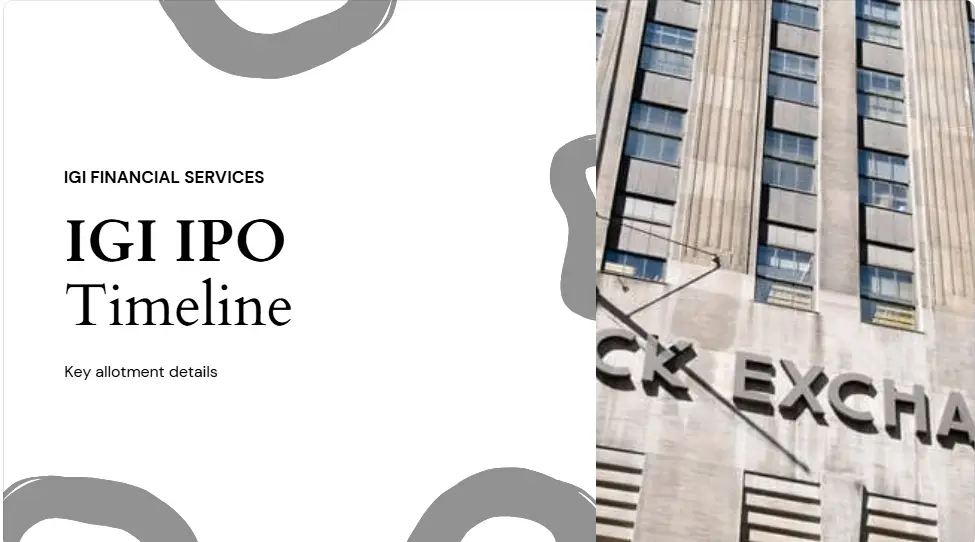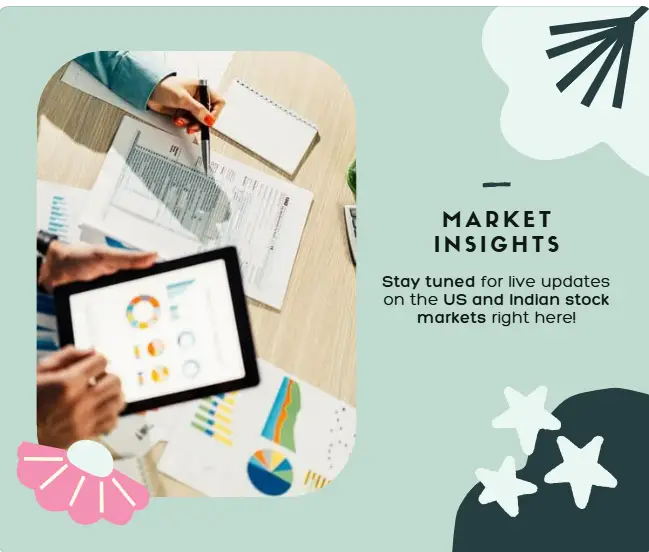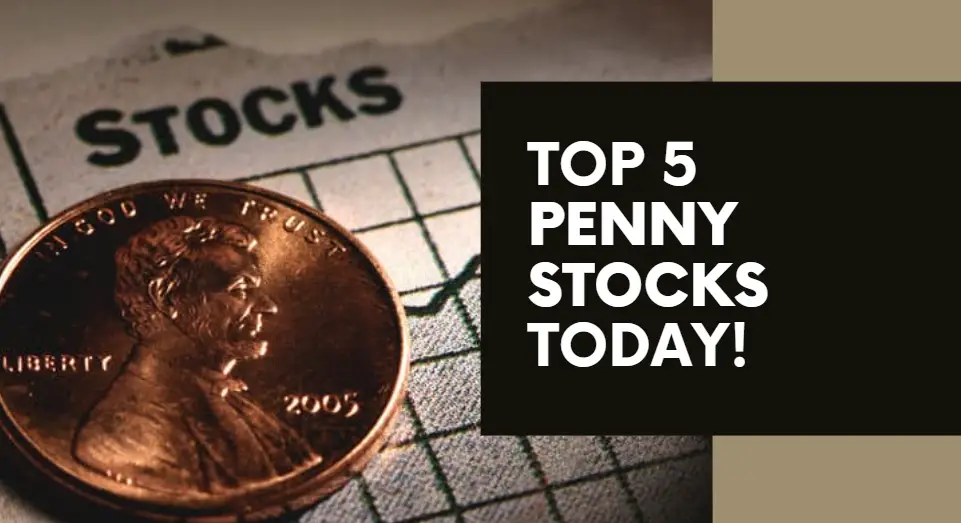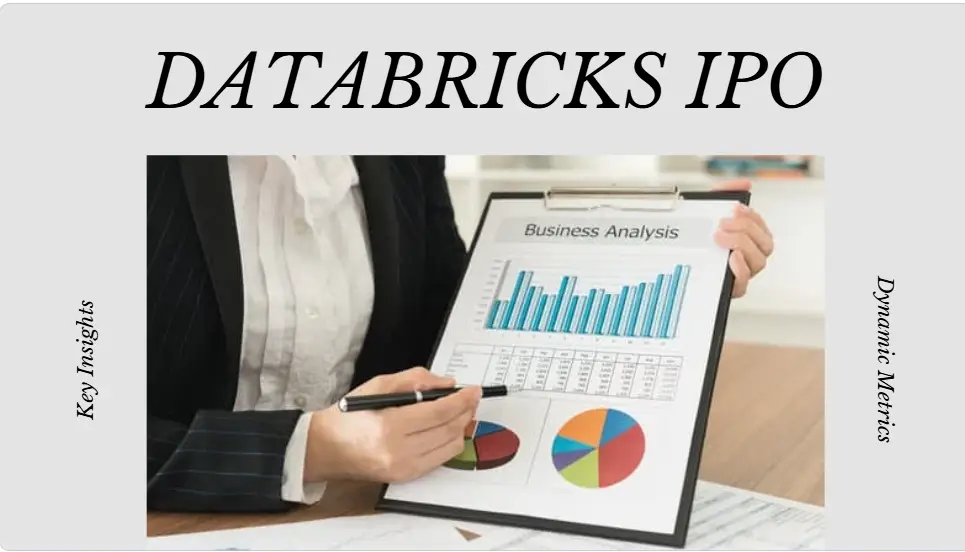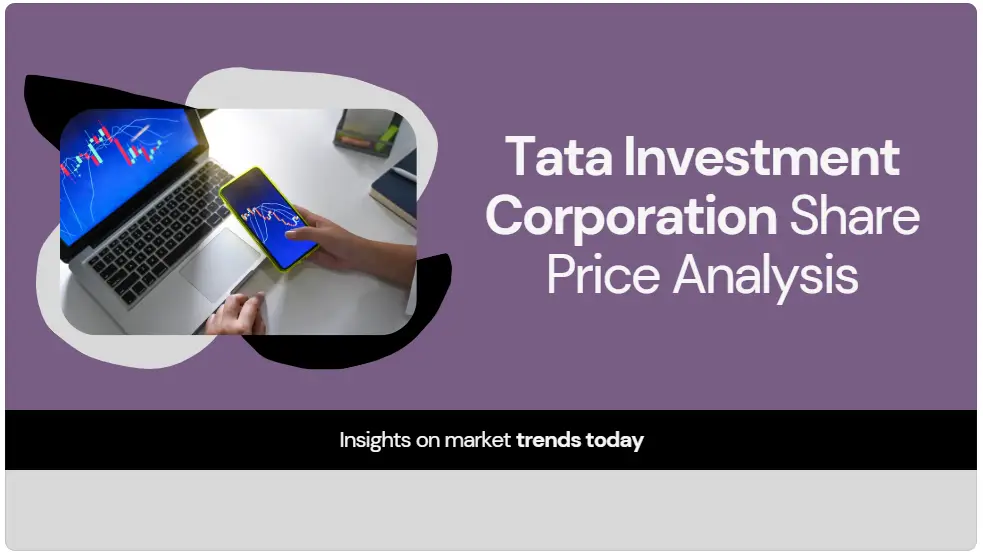Introduction
I understand that monitoring the price of Pharmeasy shares can be like riding a roller coaster. To help you feel comfortable talking about the Pharmeasy Share Price with friends or advisers, I’ve included my best ideas on what influences the price, when to buy, where to discover real-time quotes, why it fluctuates, and how it’s determined in this brief guide.
Pharmeasy (API Holdings) Unlisted Share Information
Unlisted Share Price
Shareholding Pattern
As per the latest available data
Key Identifiers
- ISIN: INE0DJ201029
- Face Value: ₹1 per share
- Total Outstanding Shares: Approximately 642.67 crore
- Registrar & Transfer Agent: Link Intime India Pvt Ltd
- CIN: U60100MH2019PLC323444
Pharmeasy Financial Performance
Key Financial Figures (₹ Crore)
Performance Metrics & Ratios
My Method of Assessing PharmEasy Share Price
1Deep Dive into Financial Statements
Firstly, I analyze the most recent audited and unaudited reports while concentrating on:
- Revenue Growth Rate: Growth in top line consistently implies customer traction.
- EBITDA & EBITDA Margin: This is an indication of enhanced operational efficiencies hence directly underpinning the potential upside in PharmEasy Share Price.
- Debt Levels & Debt-to-Equity: High leverage can limit valuations, debt burden as debt/EBITDA is a great bull indicator in my book.
2Benchmarking Against Peers
I draw a comparison between PharmEasy’s metrics and to other unlisted healthcare platforms and listed digital-health names. If PharmEasy is trading at an implied EV/revenue multiple lower than peers, that might mean it is undervalued. And if one catches it cheap before the PharmEasy Share Price converges with peer EV/revenues (it will), there is an opportunity.
3Qualitative Triggers
I look for positive developments that can act as catalysts:
- New Service Launches: When PharmEasy moves into new PIN codes or adds new teleconsultation features, I incorporate that into my “bull case“ for the PharmEasy Share Price.
- Management Commentary: I monitor interviews with the CEO and CFO i.e any whispers of a revived IPO plan all translate to the upper bound direction of the PharmEasy Share Price.
📢PharmEasy (API Holdings) IPO Filing
On November 10, 2021, API Holdings Ltd., the parent company of PharmEasy, India's largest digital healthcare platform, submitted a Draft Red Herring Prospectus (DRHP) to SEBI. The aim was to initiate an IPO with a maximum value of ₹6,250 crore. This offer was structured as a book-built issue, combining a fresh equity issuance with an offer-for-sale by existing shareholders.
🎯 IPO Objectives
📋 Proposed Issue Size & Share Details
| Parameter | Detail |
|---|---|
| Total Issue Size | Up to ₹6,250 crore |
| Offer Structure | Fresh Issue + Offer-for-Sale |
| Face Value | ₹1 per share |
| ISIN | INE0DJ201029 |
| Registrar & Transfer Agent | Link Intime India Pvt. Ltd. |
| Listing Venues | BSE & NSE |
ℹ️Note: The final break-up between fresh issuance and offer-for-sale was to be decided in the Red Herring Prospectus (RHP) stage.
❓Pharmeasy Share Price: Key Questions Answered
I pay attention to several factors:
- Company fundamentals: revenue growth; profit/loss trends; cash flow and debt levels.
- Industry sentiment: Overall healthcare sector vibes and peer performance.
- Macro indicators: interest rates, inflation, and GDP growth.
- News & corporate actions: regulatory changes, deals, or IPO updates.
- Grey-market liquidity: Few buyers/sellers can lead to big swings on small trades.
I consider buying when:
- Valuation falls below my fair value estimate (e.g., after a market correction).
- Its prospects of long-term growth appear positive (e.g., in telemedicine, diagnostics, pharmacy).
- Fundamental triggers occur (e.g., constriction of losses, new partnerships).
- It suits my investment objectives and I'm comfortable with locking capital due to low liquidity.
To get the latest quote, I cross-check several grey-market platforms. These often include:
Planify, DelistedStocks, UnlistedZone, SharesCart, Stockify, or IPOCentral.
(Note: Prices on these platforms can vary and represent indicative unlisted market rates.)
According to me, volatility originates from:
- Imbalances in supply & demand in a thinly traded market.
- Quarterly results, changes in profit/loss, and business updates.
- Macro/regulatory news regarding healthcare or tech stocks.
- Grey-market quirks: absence of official market makers, delayed quotes.
I know it’s set by a combination of:
- Negotiation between buyers and sellers directly or through grey-market brokers.
- Valuation methodologies like DCF (Discounted Cash Flow), P/E (Price-to-Earnings), or EV/Revenue (or EV/GMV) multiples.
- Implied market capitalization (price per share x total outstanding shares).
- Comparables (comps) drawn from other similar unlisted digital-health deals or listed peers.

